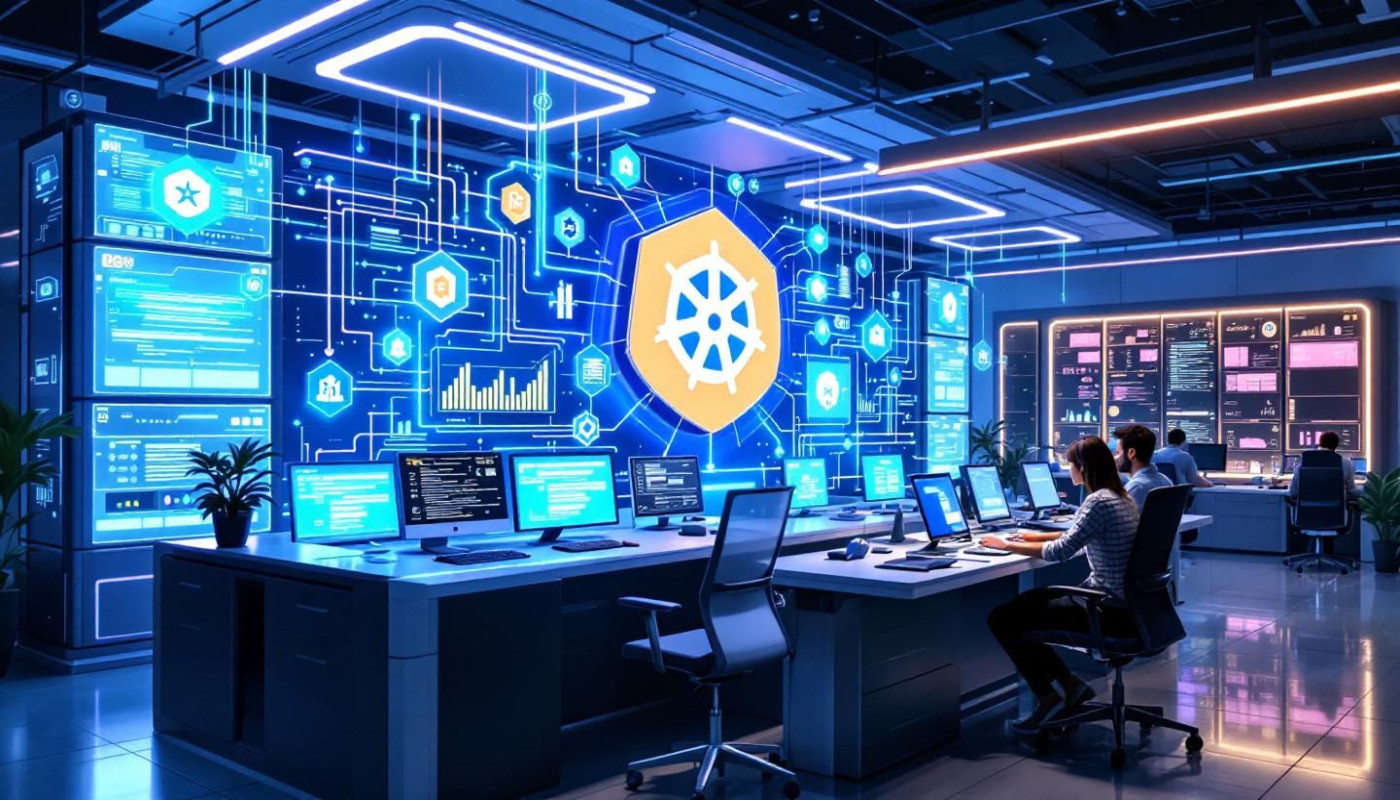Table of contents
The academic world is continually evolving, with technology often at the forefront of this change. The rise of artificial intelligence (AI) has brought about tools that can have profound effects on the landscape of academic integrity. From influencing the way assignments are created to altering the methods of plagiarism detection, AI content detectors are redefining the boundaries of originality in academia. This piece delves into the ramifications of these advancements, providing insights into how they could shape the future of scholarly work and education. Continue reading to explore the intricate relationship between AI detectors and the core values of academic honesty.
The Role of AI in Upholding Academic Standards
In the ever-evolving landscape of education, maintaining academic integrity is paramount. AI content detectors have become vital tools in this quest, employed by educational institutions to ensure the authenticity of scholarly work and uphold high standards. These sophisticated systems have progressed from simple plagiarism detection software to comprehensive AI solutions that can analyze and compare academic submissions against a vast database of sources. By utilizing advanced text-matching algorithms, AI content detectors can swiftly identify instances of potential academic misconduct and play a pivotal role in the preservation of originality within the academic sphere. The technology behind these detectors is continually advancing, offering educators and those responsible for academic standards and ethics a powerful means to combat plagiarism and promote a culture of integrity. As guardians of authenticity in academia, these AI systems underscore the institution's commitment to the ethical production and dissemination of knowledge.
Challenges Presented by AI-Generated Content
The advent of AI-generated content has brought a new set of plagiarism challenges to the forefront of education technology. Traditional plagiarism detection software is calibrated to identify similarities between student submissions and existing published works. However, the uniqueness of content produced by AI complicates this task, as it can generate essays and papers that are syntactically unique, yet lack content originality. This conundrum threatens the very fabric of academic honesty, as educators struggle to ascertain the provenance of a student's work.
With the proliferation of AI in education, the tools and techniques to uphold integrity standards must evolve. The head of an academic integrity committee might elucidate that the nuances of AI-authored text require a sophisticated approach, integrating nuanced algorithms capable of detecting the subtle patterns characteristic of machine-generated text. They may advocate for proactive strategies, such as teaching students the value of authentic work and integrating assignments that demand critical thinking and creativity, thereby reducing the temptation or the perceived need to rely on artificially produced assignments.
Adapting Pedagogical Strategies for AI Oversight
As artificial intelligence becomes more prevalent in the realm of academic writing, educators are recognizing the need to revise their pedagogical strategies. With AI tools readily available, fostering AI literacy among students is becoming increasingly indispensable. This adaptation involves not just an understanding of how AI can be used responsibly, but also how it can be detected and its influence mitigated in academic work. Educators must therefore integrate new evaluation methods that can distinguish between AI-generated content and human-produced work, ensuring academic integrity is upheld.
Moreover, the incorporation of critical source evaluation into the curriculum is key to developing discerning scholars. Such critical thinking skills ensure that students not only evaluate the information provided by AI but also understand the context and credibility of the sources from which they gather information. The concept of digital literacy is expanding to include these competencies, ensuring that learners are equipped to navigate the complexities of a technologically advanced academic environment. In response to these challenges, a dean of academic affairs or another educational authority may offer their explanation on how institutions can best support both educators and students in this transition.
Ultimately, the goal is to ensure that academic writing remains a reflection of an individual's knowledge and capabilities. These updated strategies are not just about safeguarding against the misuse of AI in academic writing; they are about preparing students for the future of learning and work, where AI will be an integral part. The development of comprehensive pedagogical approaches that include AI literacy and robust evaluation practices is not merely beneficial; it is imperative for maintaining the integrity and value of academic qualifications.
AI's Influence on Student Learning and Development
The introduction of AI content detectors into the educational realm carries with it a myriad of implications for the student learning experience and skill development. On one hand, these academic technologies advocate for honesty by ensuring the originality of student work. Such a system can foster a culture of original thinking as students are compelled to produce authentic work instead of succumbing to the temptation of plagiarism. The promotion of critical thinking skills is a significant benefit, as learners are encouraged to engage more deeply with their subjects, synthesize information, and formulate unique perspectives.
Conversely, an unintended consequence may be an increase in AI reliance, which could inadvertently hinder the development of research and writing skills. Students might become too dependent on these detectors as a safety net, potentially impairing their ability to detect nuances in academic honesty on their own. To gain further insight into this complex issue, we reached out to the chair of a university's education department. They highlighted that while AI content detectors are valuable tools for upholding academic standards, there is an inherent risk of students losing the incentive to develop their own evaluative judgment, a key component of lifelong learning and adaptability in the face of new challenges.
The delicate balance between leveraging technology and cultivating self-reliance is, thus, at the forefront of discussions on integrating AI into educational settings. It is a pivotal element for educators to consider how these tools are implemented to enhance the learning experience without diminishing the pursuit of knowledge and personal growth in academia.
Future Prospects of AI in Academic Integrity
The landscape of educational integrity is poised to undergo transformative shifts as AI advancements continue to evolve. Speculation abounds on the role AI will play in the academic integrity future, oscillating between being a formidable ally in the plagiarism fight and presenting sophisticated challenges for authenticity verification. As machine learning algorithms become more nuanced, these systems could potentially detect plagiarism with unprecedented accuracy, delving beyond the surface to understand the context and intent behind student submissions. On the flip side, the same progress might also be leveraged to craft more convincing acts of academic dishonesty, requiring continuous innovation in detection technologies.
In light of these developments, it would be insightful for a chief innovation officer specializing in educational technology to discuss the trajectory of these AI tools. Such a discussion could illuminate the multifaceted implications for educational institutions and the inherent tension between technological progression and ethical use. The conversation could also explore strategic approaches to uphold academic standards while fostering an environment that emphasizes original thought over the mere output of assignments. As machine learning becomes more adept at understanding human nuances, the next chapter in the story of AI and academia is sure to be as compelling as it is complex.
On the same subject













